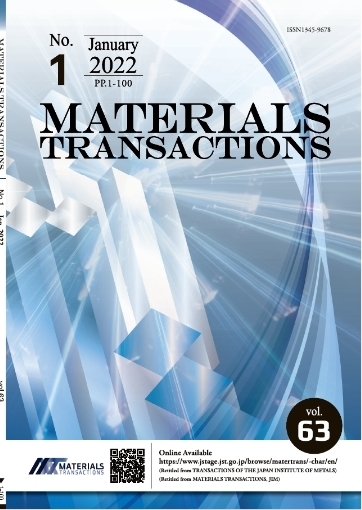Performance of Alkali-Resistant Glass Fibers Modified with Refused Coal Ore
Ji-Sun Lee, MiJai Lee, Tae-Young Lim, Youngjin Lee, Dae-Woo Jeon, Soong-Keun Hyun, Jin-Ho Kim
pp. 705-710
Abstract
In this study, we fabricated E-glass fibers and alkali-resistant (AR)-glass fibers with a 7 mass% zirconia content, and AR-glass fibers with a 7 mass% zirconia and 30–50 mass% refused coal ore content. The obtained fibers were characterized for their tensile strength and alkali-resistant properties after dipping the fibers in an alkaline solution. The alkali test results, based on microscopic images, showed that the AR-glass fibers with 7 mass% zirconia and 40 mass% refused coal ore had better chemical resistance than the E-glass fibers. The average tensile strengths of the E-glass fibers and the AR-glass fibers with 7 mass% zirconia and 40 mass% refused coal ore, after being dipped in an alkaline solution for 48 h, were 240 and 343 MPa, respectively. In addition, after an alkali test for 72 h, the average tensile strength of AR-glass fibers with 7 mass% zirconia was 277 MPa, and the average tensile strength of AR-glass fibers with 7 mass% zirconia and 40 mass% refused coal ore was 296 MPa. The AR-glass fibers with a high tensile strength and low fiberizing temperature, fabricated using refused coal ore, can be widely used as alkali-resistant glass fibers.










